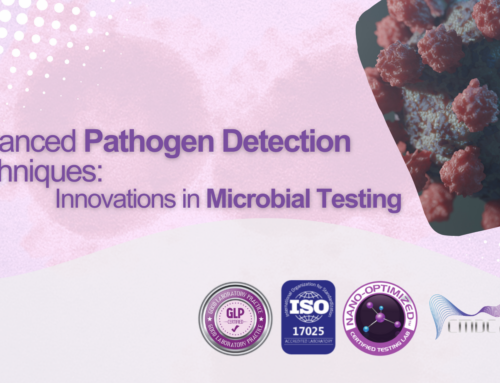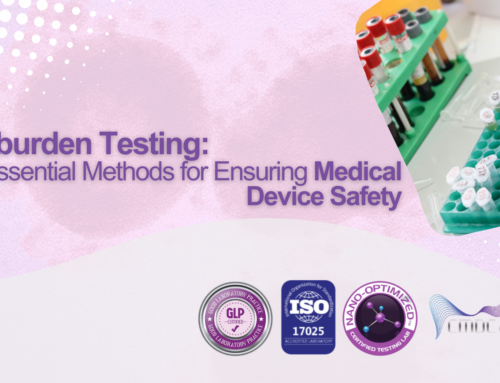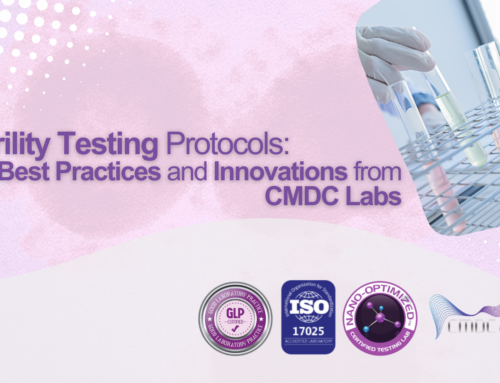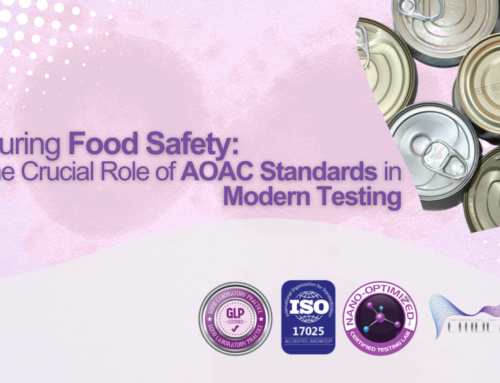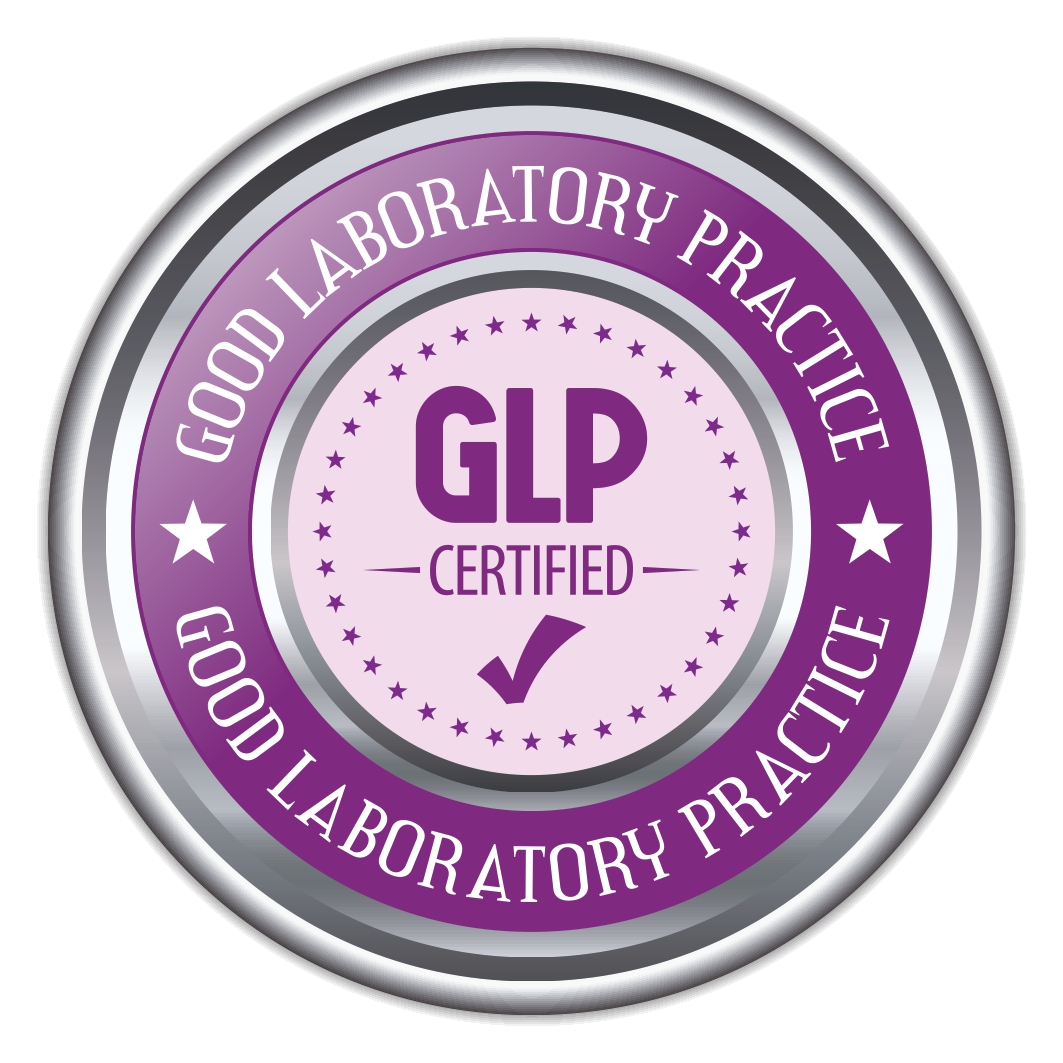In the dynamic landscape of product development, ensuring the efficacy and safety of various items, from pharmaceuticals to consumer goods, is a paramount concern. Challenge studies, a sophisticated aspect of microbiological testing, play a crucial role in unraveling the secrets of product efficacy. Let’s delve into the intricacies of challenge studies, their significance, and how they contribute to shaping products that meet the highest standards.
Understanding Challenge Studies
Challenge studies involve subjecting a product to specific challenges, often in the form of microbial exposure, to assess its performance under realistic conditions. These studies simulate real-world scenarios where products may encounter microbial contaminants, helping researchers evaluate their effectiveness in mitigating or resisting microbial threats.
Microbial Challenges: Mimicking Real-World Conditions
In the realm of challenge studies, the choice of microbial challenges is pivotal. Researchers carefully select relevant microbes that products may encounter in their intended use. This could include bacteria, viruses, or fungi that are known to pose risks to product integrity. By subjecting products to these challenges, scientists gain insights into how well they withstand and repel potential microbial threats.
Applications Across Industries
Challenge studies find applications across various industries, each with its unique set of challenges and considerations.
Pharmaceuticals: Ensuring Drug Efficacy and Safety
In the pharmaceutical industry, challenge studies are instrumental in assessing the efficacy and safety of drugs. These studies may involve exposing pharmaceutical formulations to specific microbes to evaluate the product’s antimicrobial properties and its ability to maintain stability and potency over time. This is particularly critical in the development of sterile injectables and other drug formulations.
Consumer Products: From Cosmetics to Cleaning Agents
Consumer products, including cosmetics, personal care items, and cleaning agents, undergo rigorous challenge studies. These studies assess the products’ resilience against microbial contamination during regular use. For example, a cosmetic product might be challenged with common skin microbes to ensure its safety and efficacy throughout its shelf life.
Food and Beverages: Safeguarding Against Spoilage
In the food and beverage industry, challenge studies are conducted to evaluate the resistance of products to spoilage microorganisms. This is crucial for ensuring the quality and safety of consumables. Challenge studies help identify potential risks and guide the formulation of products that can withstand microbial challenges, preserving freshness and preventing spoilage.
Methodologies and Standards
The execution of challenge studies follows standardized methodologies to ensure reliability and reproducibility of results.
ISO/IEC 17025: Accredited Testing for Reliability
Laboratories conducting challenge studies often adhere to ISO/IEC 17025 accreditation, a globally recognized standard for testing and calibration laboratories. This accreditation ensures that the laboratory follows stringent quality management practices, enhancing the reliability of challenge study results.
Customized Study Designs: Tailoring to Product-Specific Needs
One of the strengths of challenge studies lies in their adaptability. Researchers can customize study designs to replicate the unique conditions a product may face. This flexibility allows for a more nuanced understanding of how different formulations respond to specific challenges, guiding manufacturers in optimizing their products.
Benefits and Future Perspectives
The insights gained from challenge studies offer several benefits to industries and consumers alike.
Product Optimization: Fine-Tuning Formulations
Challenge studies provide manufacturers with valuable data for optimizing product formulations. By identifying potential weaknesses and areas of improvement, companies can refine their products to meet or exceed industry standards.
Regulatory Compliance: Meeting Stringent Requirements
In regulated industries like pharmaceuticals and food, meeting stringent regulatory requirements is non-negotiable. Challenge studies contribute to regulatory compliance by demonstrating that products have undergone thorough testing for microbial safety and efficacy.
Continuous Innovation: Adapting to Emerging Challenges
As our understanding of microbes evolves and new challenges emerge, the role of challenge studies becomes even more critical. Continuous innovation in study methodologies ensures that products are tested against the latest microbial threats, contributing to the development of safer and more effective formulations.
Challenges and Ethical Considerations
While challenge studies offer numerous benefits, they also present challenges and ethical considerations.
Ethical Conduct: Prioritizing Participant Safety
In studies involving human subjects, ethical considerations take center stage. Researchers must prioritize participant safety and informed consent, ensuring that the study design adheres to ethical guidelines and regulations.
Complexity of Real-World Scenarios: Striking a Balance
Simulating real-world scenarios in challenge studies is complex. While researchers aim to recreate conditions as closely as possible, it’s essential to strike a balance between realism and the controlled conditions necessary for scientific experimentation.
CMDC Labs: A Commitment to Excellence
In the landscape of challenge studies, CMDC Labs stands as a trusted partner committed to excellence in microbiological testing. With ISO/IEC 17025 accreditation, our laboratories uphold the highest standards, ensuring the reliability and accuracy of challenge study results. Through customized study designs and a dedication to advancing industry knowledge, CMDC Labs contributes to the development of products that meet the challenges of a dynamic and ever-evolving market.
In conclusion, challenge studies serve as a cornerstone in the journey of product development, offering a window into how products respond to microbial challenges. From pharmaceuticals to consumer goods, these studies empower industries to create products that not only meet regulatory requirements but also exceed consumer expectations for safety and efficacy.


